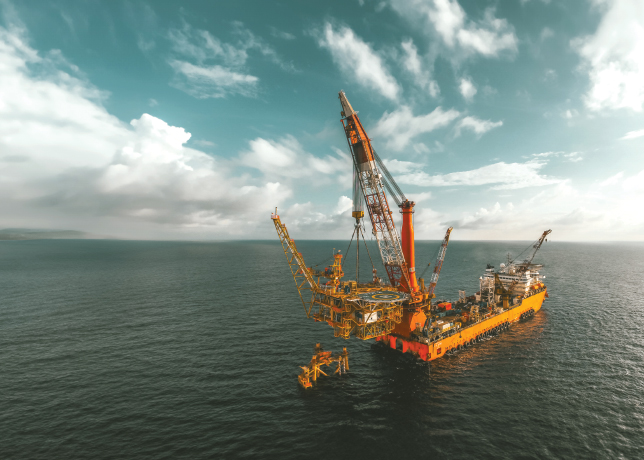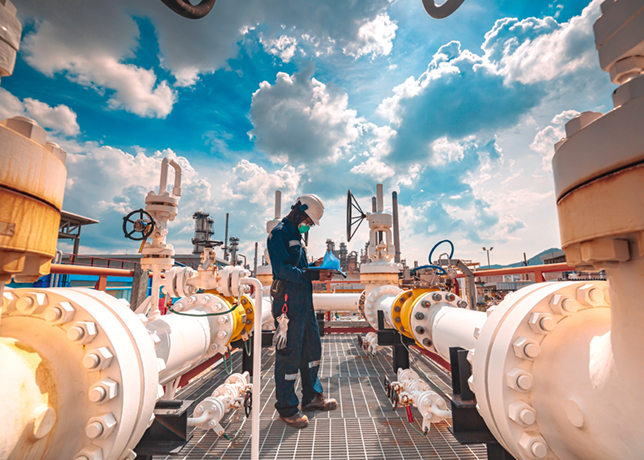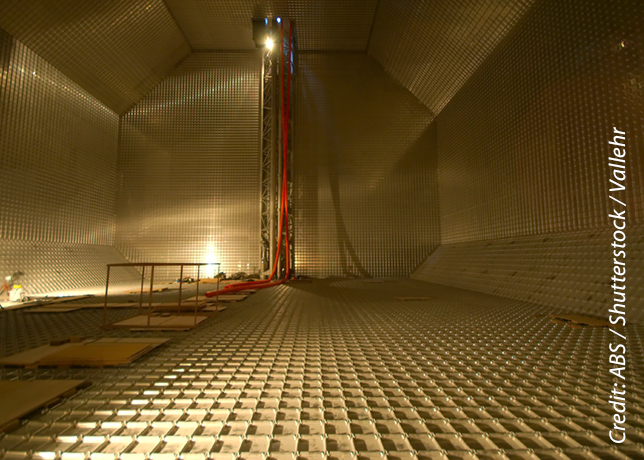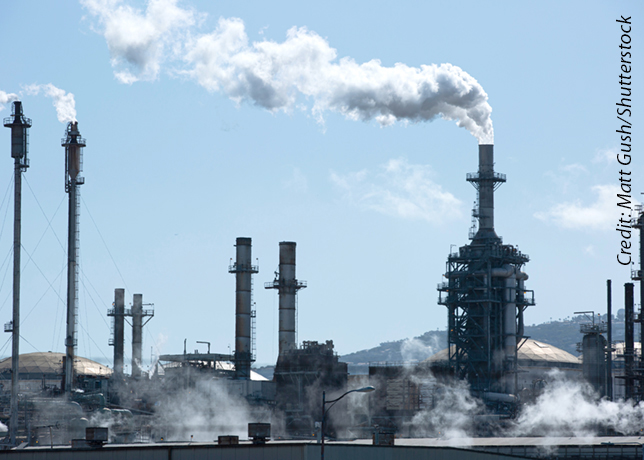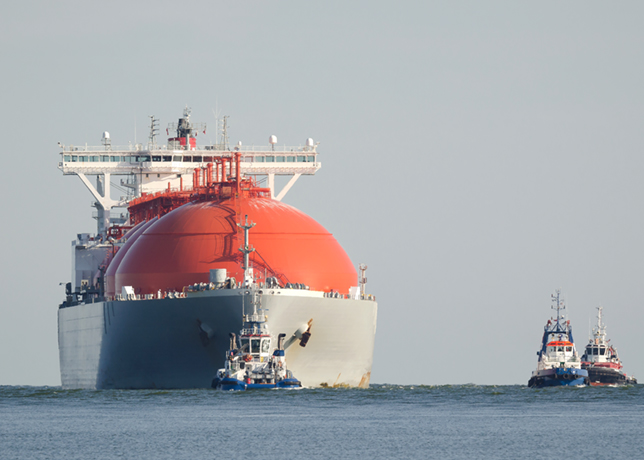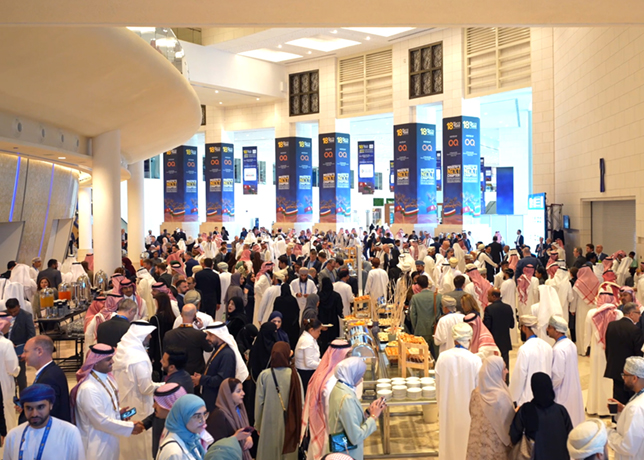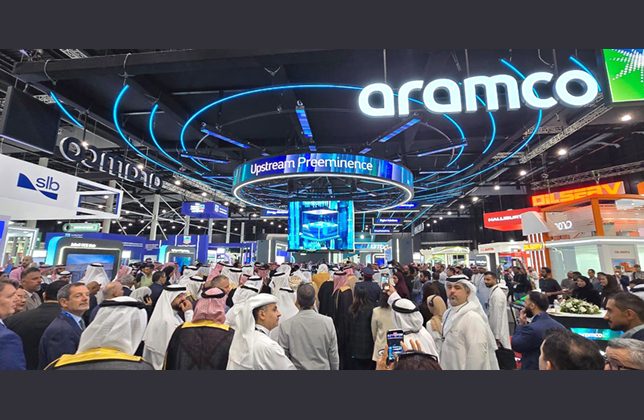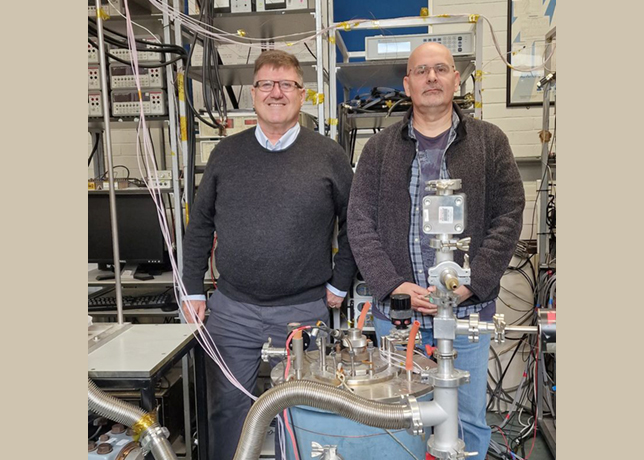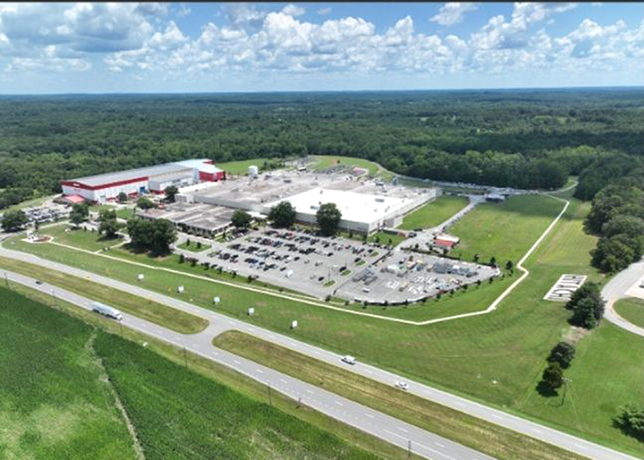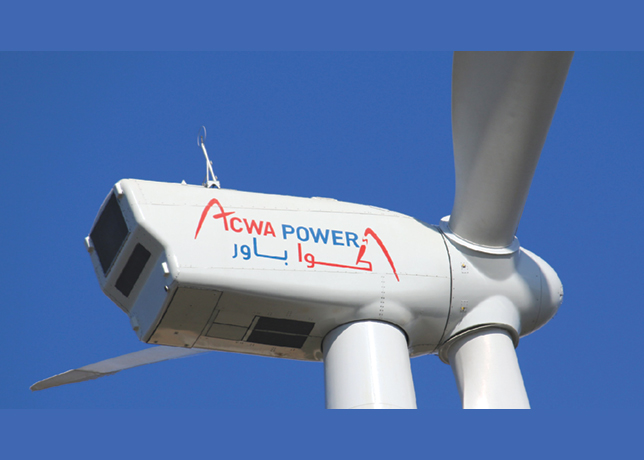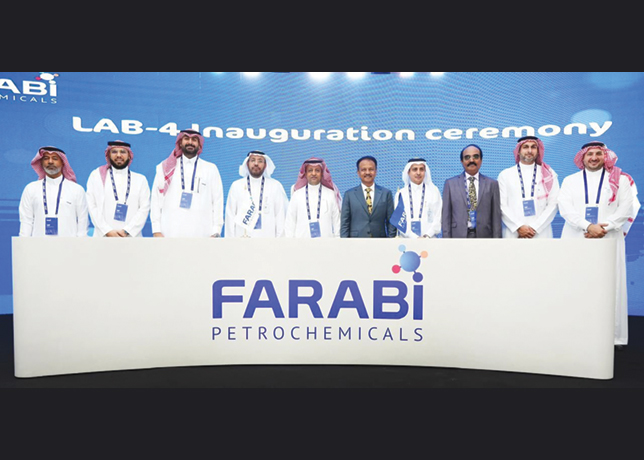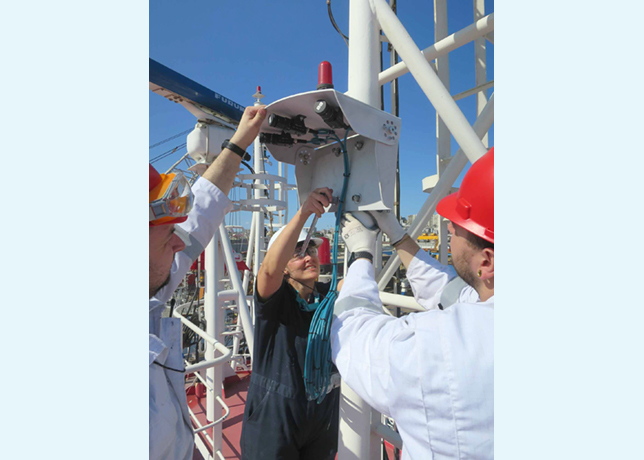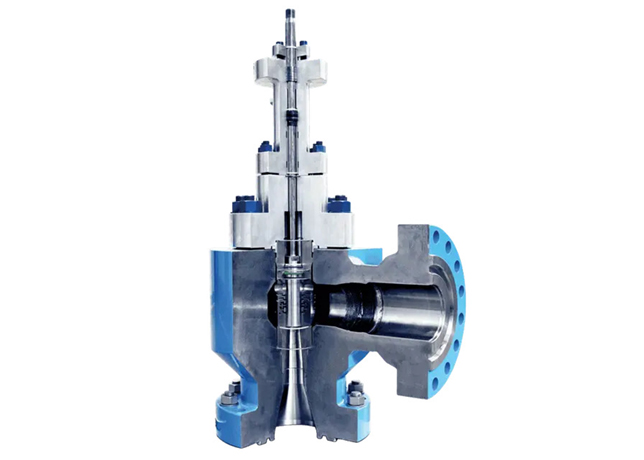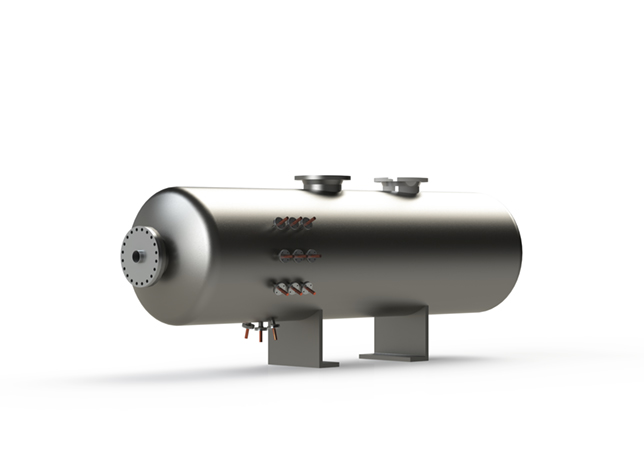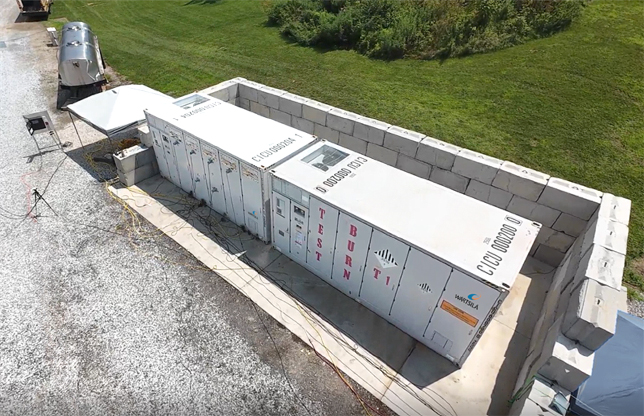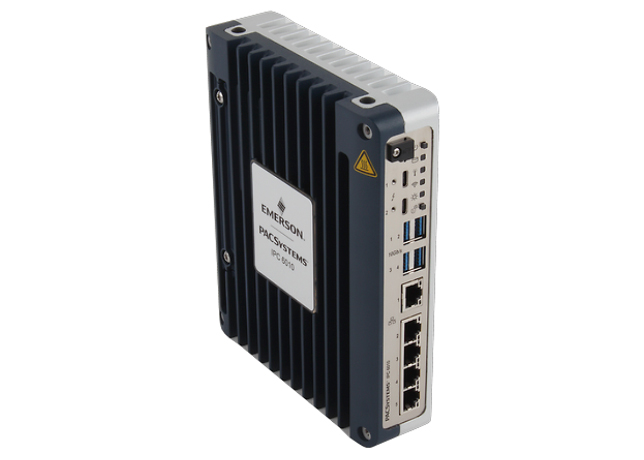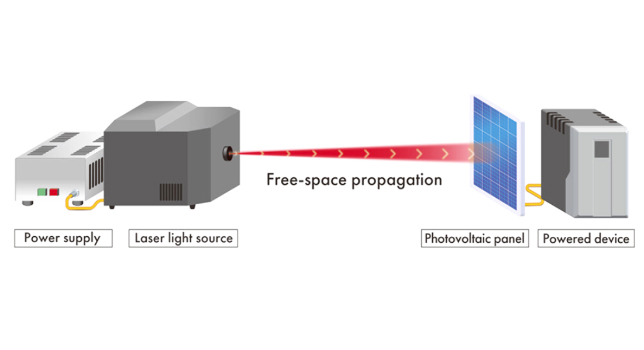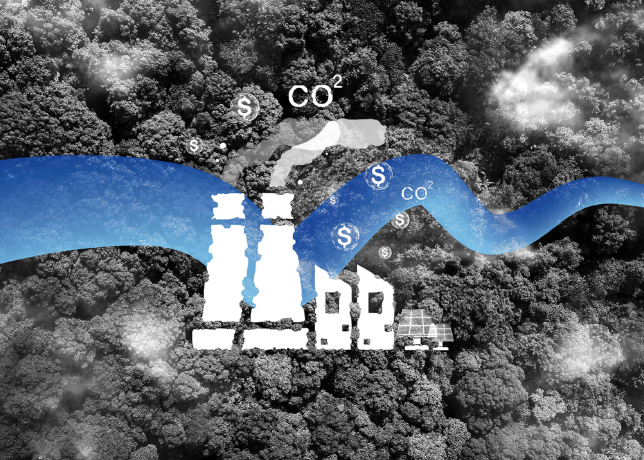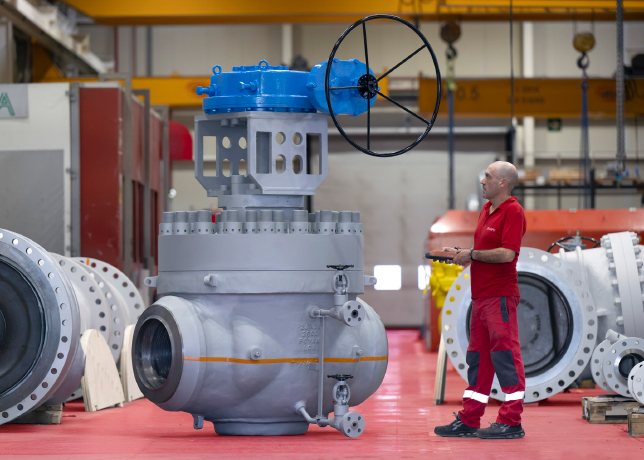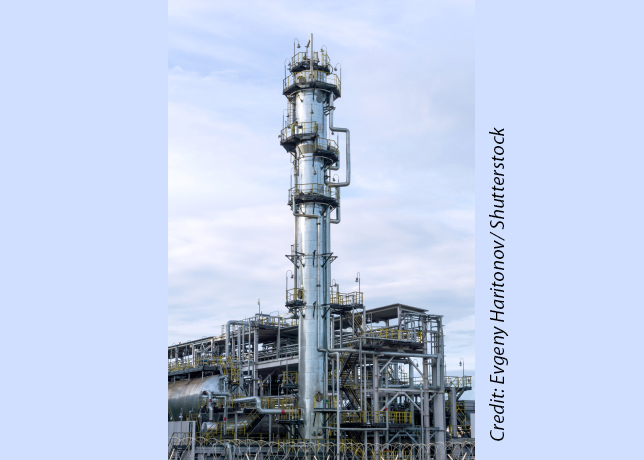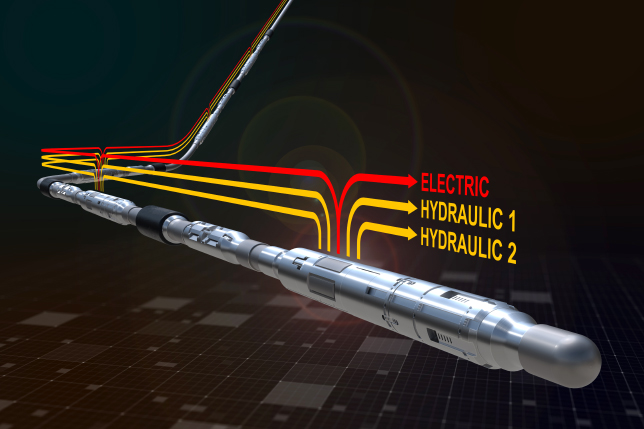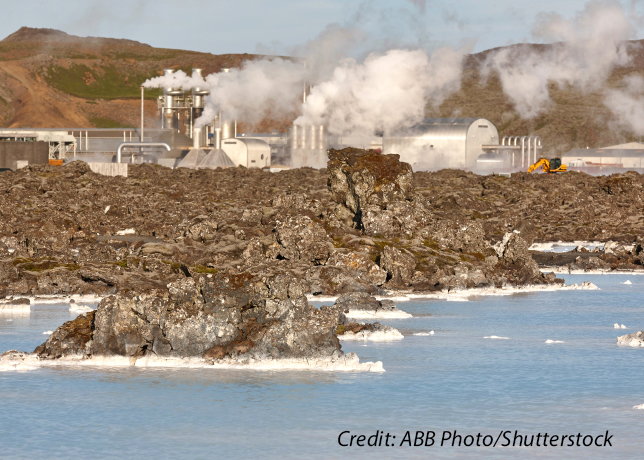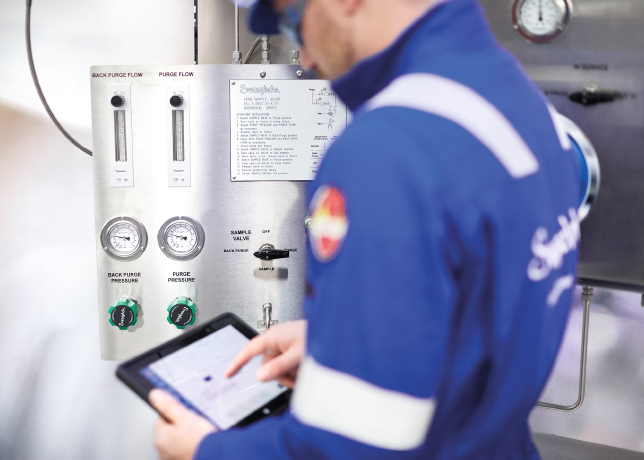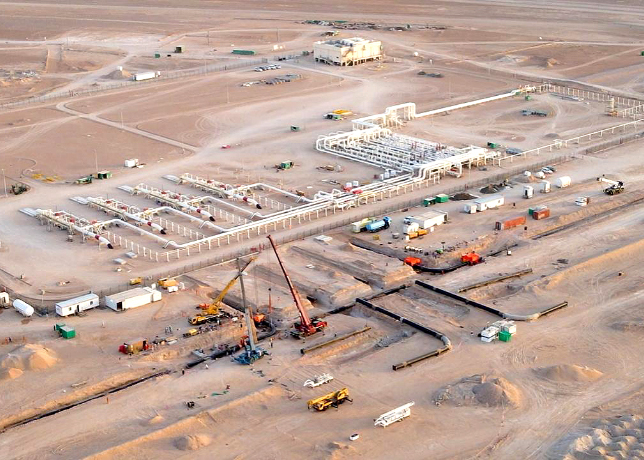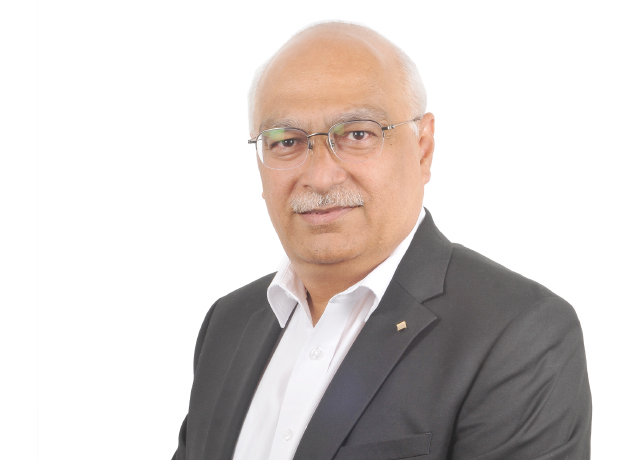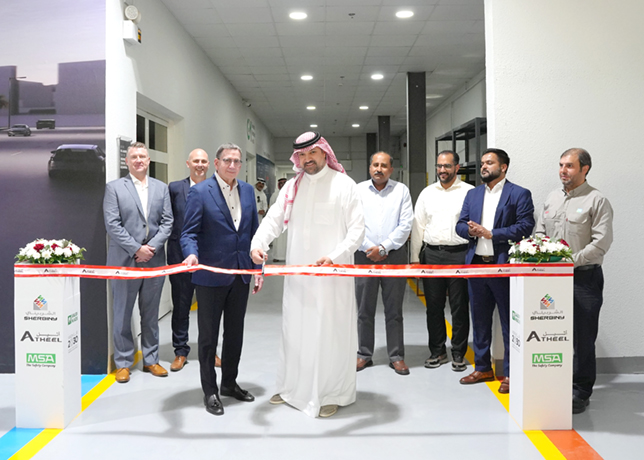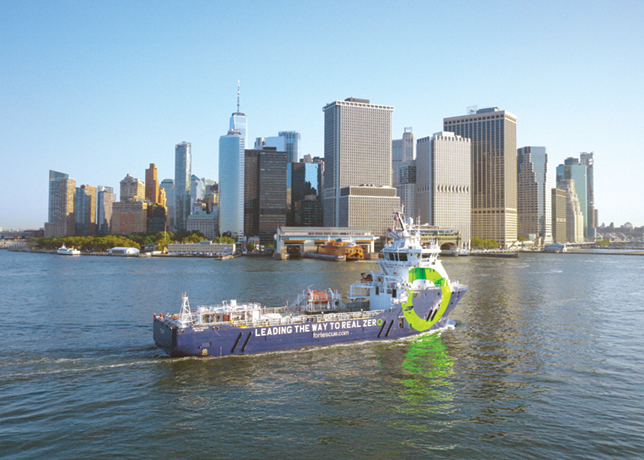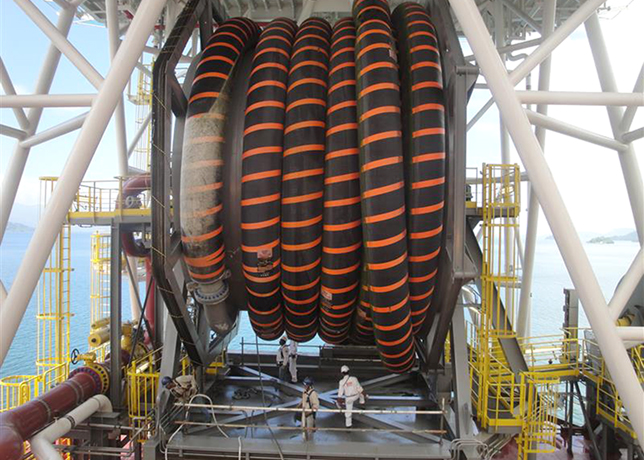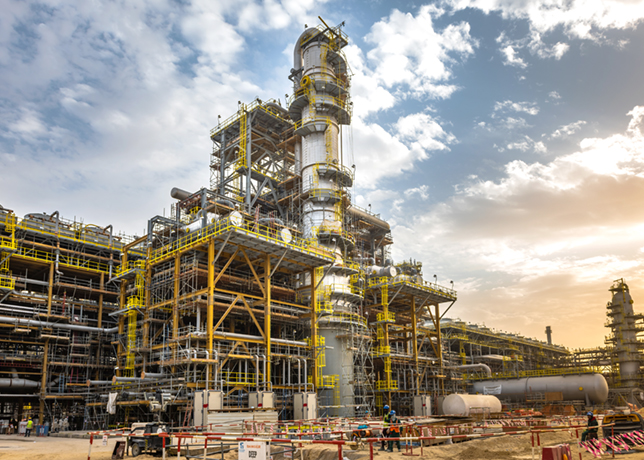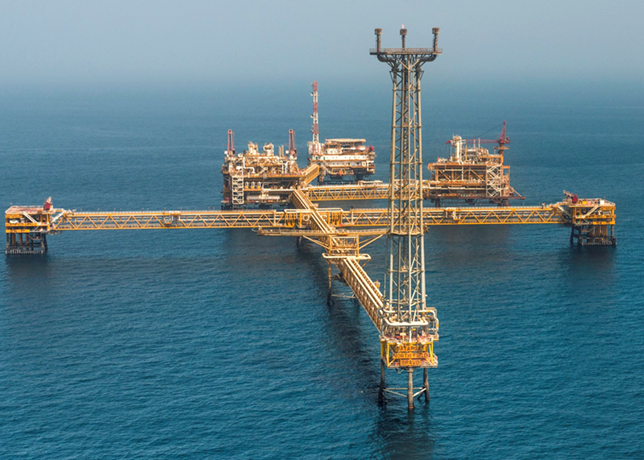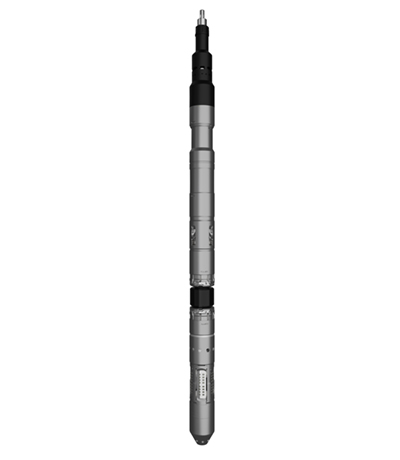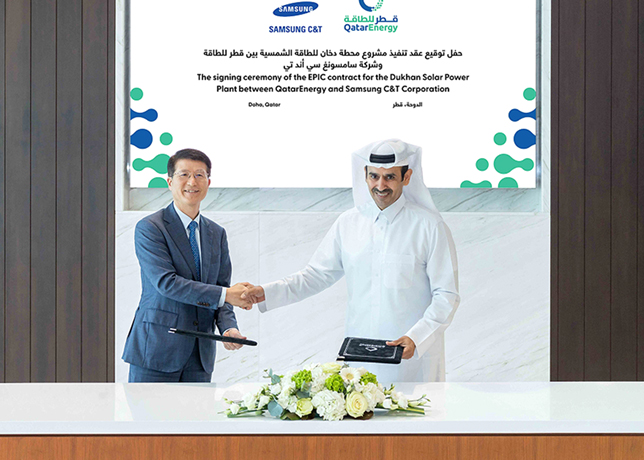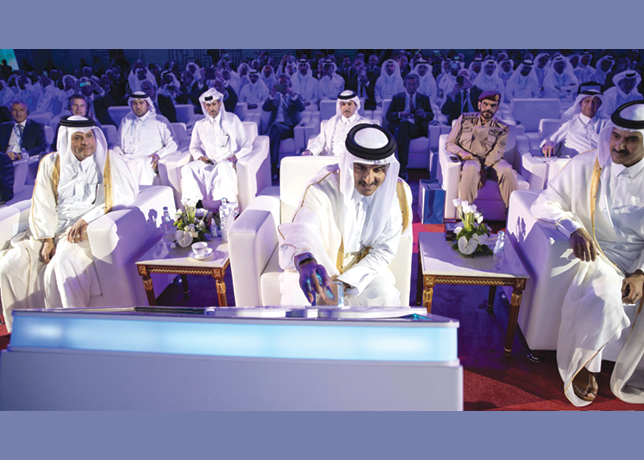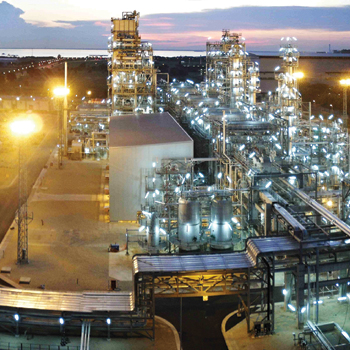
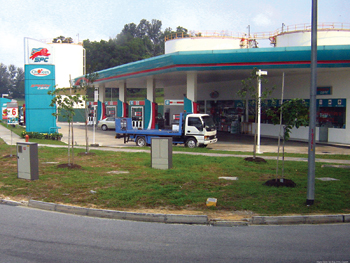 SPC operates across the entire energy value chain
SPC operates across the entire energy value chain
SINGAPORE Petroleum Company Limited (SPC) is one of the leading oil and gas companies in Singapore. It has a sound relationship with its parent company, PetroChina International (Singapore). It carries out integrated oil and gas activities in the Asia Pacific region. It is poised for growth in light of growing Asia Pacific refining and storage industries and launch of new products.
However, it reported operational issues and a delay in key refinery project. Stringent regulations, intense competition and unstable refinery margins could have a significant impact on its performance, GlobalData says in a SWOT analysis of the company.
STRENGTHS
Diverse product and service portfolio: SPC offers various products and services to residential, commercial and industrial customers. The company produces and distributes petroleum, naptha, motor gasoline, jet fuel, fuel oil, LPG, sulphur, asphalt and lubricants.
It operates a retail network of 40 fuel stations across Singapore. Its retail services include car washes, convenience stores, and automotive services. Besides, the company provides significant commercial services for aviation, bunkers, tanker charter, distribution, storage and terminaling.
It supplies jet fuel to international airlines at Singapore Changi Airport, Taoyuan International Airport, Hong Kong International Airport and Suvarnabhumi International Airport. Its diversified range of products and services have led to the establishment of a large customer base across the country.
Relationship with parent company: SPC is a wholly-owned subsidiary of PetroChina International (Singapore), a subsidiary of PetroChina Company Limited (PetroChina).
PetroChina is one of the leading oil and gas producers in the world. It explores, develops, produces, refines, transports, stores, and markets oil and gas products.
Besides, it is engaged in the production and marketing of petrochemical products, refined petroleum products, and derivative chemicals.
PetroChina is a wholly-owned subsidiary of China National Petroleum Corporation (CNPC), a state-owned business corporation in China.
As a result, SPC receives significant financial and technical support from PetroChina. Its healthy relationship with its parent company enables SPC to expand its operations across the world.
Integrated operations: SPC operates across the entire energy value chain. It undertakes exploration, development and production of oil and gas.
It has interests in one exploration permit, seven production sharing contracts, and three pipelines in the Asia-Pacific region.
It has 20 per cent interests in Block 19 & 20 in Nam Con Son Basin, Vietnam; 100 per cent interests in East Kalimantan, Mahakam Hilir, Indonesia; 8.91 per cent interests in Bohai Bay, Block 04/36, China; 7.82 per cent interests in Bohai Bay, Block 05/36, China; 100 per cent interests in Pearl River Mouth Basin, Block 26/18, China; 35 per cent interests in Bass Basin, Block T/47P, Australia; 45 per cent interests in Song Hong Basin, Block 101-100/04, Vietnam; 33.3 per cent interests in Khmer Basin, Block B, Cambodia; 40 per cent interests in Offshore East Java, Sampang PSC, Oyong oil field, and Oyong gas field in Indonesia; 21.8 per cent interests in Jeruk oil field, Indonesia; 20 per cent interests in Song Hong Basin, Blocks 102 and 106, Vietnam; and 15 per cent interests in West Natuna Sea, Kakap, Indonesia.
SPC has stake in 654 km West Natuna Transportation System, 468 km Grissik-Batam-Singapore Pipeline, and 536 km Grissik-Duri Pipeline.
It operates a retail network of 40 fuel stations across Singapore. It has 50 per cent interests in Singapore Refining Company. The refinery has a nameplate capacity of 290,000 barrels of oil equivalent per day (bopd).
SPC stores, transports and distributes oil and gas products. The company operates the Jurong Bulk Plant, a distribution centre. The facility contains five truck loading bays, 11 bulk liquid storage tanks, drums filling facilities, open storage yard, and high bay storage warehouse. It operates a storage terminal at Pulau Sebarok.
The terminal comprises 13 storage tankers. It has deepwater jetty for tankers up to 160,000 tonnes displacement. It has other jetties for barges up to 10,000 displacement. SPC’s strong infrastructure and vertically integrated structure has led to its reputation as one of the leading oil and gas companies in Singapore.
WEAKNESSES
Operational issues: SPC halted drilling activities at its Naga Utara-1 well in Indonesia in March 2012. The discovery of a second high pressure gas zone created hurdles in the drilling program. The company had initially decided to drill the sidetrack at the well to 5,500 ft with its partner Cue Energy Resources.
However, it terminated drilling at 5,066 ft. It plans to assess the deeper interval through wire line logs. This could have an adverse effect on its drilling programme.
Delay in project: The company was compelled to postpone its refinery expansion project with its partner Chevron Corp due to product specification requirements and market conditions in 2010.
Their joint venture company, Singapore Refining Company (SRC) decided to postpone $300 million-$400 million investment in the construction of green gasoline and on-site cogeneration plant. It included the construction of ultra-lower sulfur plant to treat the gasoline. The project had already been delayed in 2009 to 2010. However, the partners decided to defer the project till 2012. This could affect its competitive position in the industry.
OPPORTUNITIES
Launch of new products: SPC introduced a new product, SPC Levo. The new product was launched across its entire retail network in Singapore. SPC Levo is a gasoline fuel product containing world-class additives and friction-reducing technology. It facilitates smooth acceleration, proper engine maintenance, and improvement in responsiveness. The gasoline fuel offers better fuel economy to motorists. Such innovative products could enhance the company’s retail customer base.
Growth in oil storage industry – Asia Pacific: Asia-Pacific plays an important role in the global oil storage terminal industry. It accounts for 32.0 per cent of global oil and chemicals storage capacity. The regional economic development and increasing purchasing power of countries in Asia Pacific have propelled the regional oil demand, which, in turn, has triggered the need for expansion of oil and chemicals storage capacity. The Asia Pacific governments are focused on ensuring energy security.
According to in-house research, the total oil and chemicals storage capacity of Singapore in 2013 was 13,065.55 thousand cubic metre (tcm). The oil and chemicals storage capacity in Singapore is expected to increase to 13,173.551 tcm in 2017. Singapore is one of the focal points in the Asia Pacific oil transportation industry.
THREATS
Intense competition: SPC competes with numerous regional players in the Pacific-Asia region. The emerging refining hubs in India, Thailand and Malaysia, could lead to decline in demand for refinery services in Singapore. Its primary competitors are Thai Oil Public Company Limited, BP Singapore Ltd, Shell Eastern Petroleum Ltd, ExxonMobil Asia Pacific Ltd and Petronas Dagangan Berhad. Certain competitors have superior financial and technical resources. The inability to compete successfully could have an adverse impact on the company’s performance.
Unstable refinery margins: The global refining industry has witnessed volatile refining margins in the past few years. Refining margins, also known as crack spreads, declined to $2.5 per barrel in December 2011/January 2012 across Europe.
Due to narrow crack spreads, the demand for crude oil by refiners decreased. Several refineries including Petroplus in Europe, Hovensa refinery in the Virgin Islands, and other major plants in the US closed down.
The fall in global refining capacity increased the crack spread to approximately $11 per barrel in Europe, $26 per barrel in the US, and $19 per barrel in Asia, in February 2012.
SPC’s joint venture company, Singapore Refining Company reduced its utilisation rate in the refinery by 3.7 per cent in December 2011. The company reduced its refinery throughput levels from 270,000 bopd to 240,000 bopd in January 2012.
The weak demand for naptha and gasoline was one of the primary factors for the decision. The fluctuating refinery margins could have a significant impact on the company’s financial performance.
Stringent regulations: The company’s various activities are subject to numerous national and international laws and regulations. These regulations monitor every aspect of the company’s operations across various jurisdictions in which it operates.
Its operations are governed by legislations related to allotment of licenses, acquisitions, agreements, FDI, emissions, fuel consumption, labour relations, expansion projects and safety, among others. Its activities are monitored by the International Enterprise, among other regulatory bodies.
The company must be vigilant in the event of new legislations or modifications in existing legislations. The non-compliance of such regulations could lead to significant fines or penalties for the group, thereby, affecting its financial performance.




